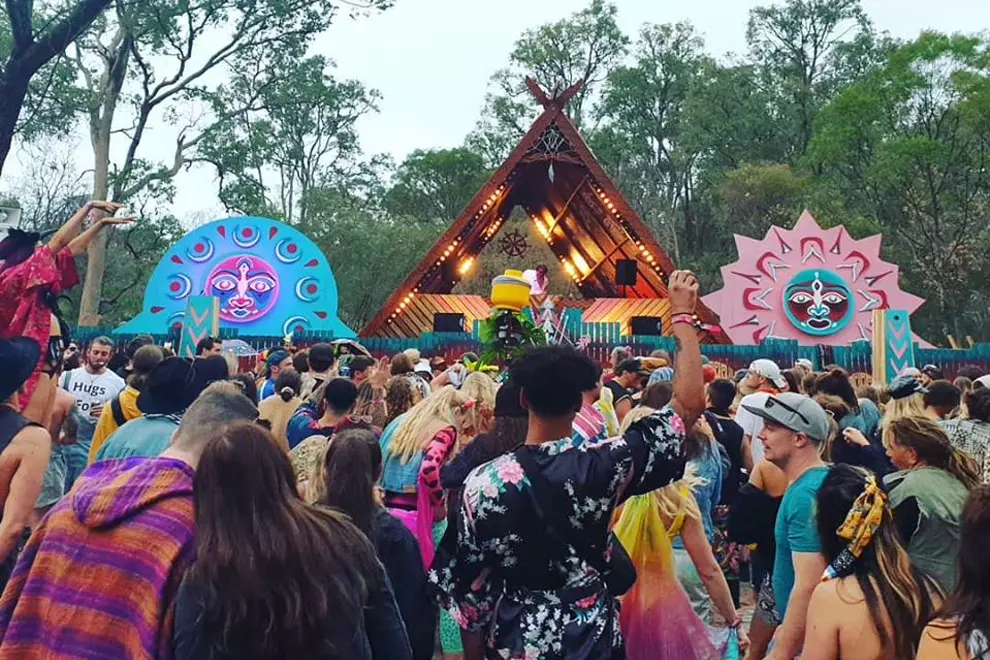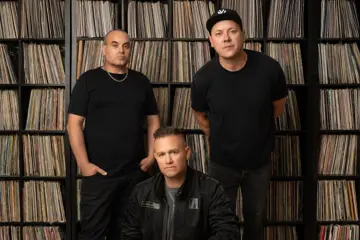After this year’s Rabbits Eat Lettuce festival took place at the Cherrabah Resort right on the NSW and Queensland border, event organisers have announced that the venue has become its new permanent home.
In 2023, the EDM-focused festival was cancelled as organisers couldn’t secure a Temporary Event Permit from the Somerset Council. Aside from cancelling the 2020 festival due to COVID-19, the 2023 event was the first time they’d cancelled it in 15 years.
The festival returned this year, and now it’s clear that its security has been a priority. The Cherrabah Resort might just be its spiritual home.
Rabbits Eat Lettuce organisers shared the good news on Instagram yesterday, revealing that the event will take place at the resort for the next ten years.
“After months of negotiations we have reached an agreement for a 10 Year Venue Contract for the new permanent home of Rabbits Eat Lettuce at the breathtaking & expansive Cherrabah Resort,” the Instagram caption reads alongside a reel showcasing the venue’s beauty.
“Our Loyal REL Family will know how big this is for us, after working at so many different venues stretching from NSW up to Sunshine Coast QLD if felt like REL was more like a traveling circus! It is so good to finally find a HOME for Rabbits Eat Lettuce Festival where we can build Dreams & make Magic Happen!”
Tickets for Rabbits Eat Lettuce 2025 are on sale now via the festival website.
Don't miss a beat with our FREE daily newsletter
Earlier this year, Rabbits Eat Lettuce rolled out Queensland’s first official pill testing service in collaboration with Queensland Injectors Health Network, Queensland Injectors Voice for Advocacy and Action – and Harm Reduction Australia (operating as Pill Testing Australia).
A great success story, festival organiser Eric Lamir said there were “potentially lives saved, straight up.”
257 punters had their substances tested by a qualified chemist and met with a harm reduction worker, with many attendees reportedly stating that they planned to “reconsider” or take fewer drugs than they initially planned.
Out of 210 samples tested, approximately 14 were thrown in the bin. The most common drugs presented at the services were MDMA and ketamine. However, the chemists identified two other dangerous substances: Dimethylpentylone (a synthetic cathinone) and 2-fluoro-2-oxo-phenylcyclohexylethylamine, which were missold or advertised as other substances.
















